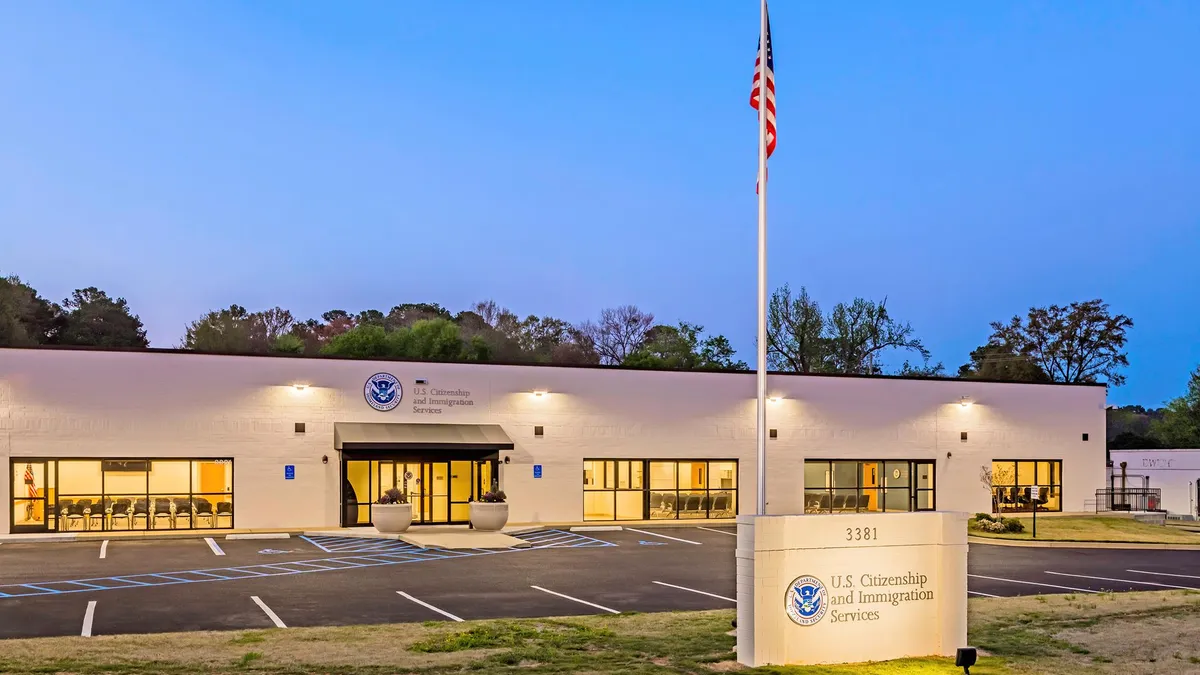Dive Brief:
-
U.S. Citizenship and Immigration Services rescinded a policy of deference and potentially made it more difficult for visa holders to renew their visas, including H-1B visas, according to a USCIS policy memo released Monday. Adjudicators could "defer to prior determinations of eligibility" when deciding on petition extensions, per a 2004 memo.
-
Monday's memo formally rescinded the deference policy and directed USCIS officers to no longer "defer to prior determinations in petitions for extension of nonimmigrant status."
-
Reasoning for the policy change was grounded in returning the burden of proof to the petitioner because the 2004 memo "improperly" shifted the onus to the agency, an "impractical and costly" move, according to the memo. The memo also reiterated adjudicator's "fact-finding authority," which may have been limited under the deference policy.
Dive Insight:
H-1B visas last for three years and can be extended for up to six years, excluding exceptions, according to the USCIS website. Exact numbers of H-1B visa holders in the United States and how many have the potential to extend their visas are unknown, but in the last decade, more than 2.5 million H-1B visas were handed out, according to agency data.
The rule changes comes amid a host of anticipated changes under President Trump, who promised to reform the visa program. Several agencies are submitting reviews and recommendations for the program to Trump in November, so more changes may be coming.
The H-1B program is not the only area of immigration in which the current administration is making changes. Trump called for a wind down of the DACA program in September, which will take effect in March 2018 for around 800,000 young immigrants. And an executive order in January restricted immigration from seven countries. The order has seen two more iterations and added more countries to the restricted list, though legal battles continue.
In a strong display of camaraderie, the tech industry has vocally opposed many of the immigration changes which affect its employees. Computer-skilled workers make up the lion's share of H-1B recipients, and the industry has also called for an expansion of the program to help fill specialty positions.
Tech titans Facebook, Google, Microsoft, Amazon, Intel and IBM joined the Coalition for the American Dream this week to demand bipartisan legislation to protect Dreamers.












